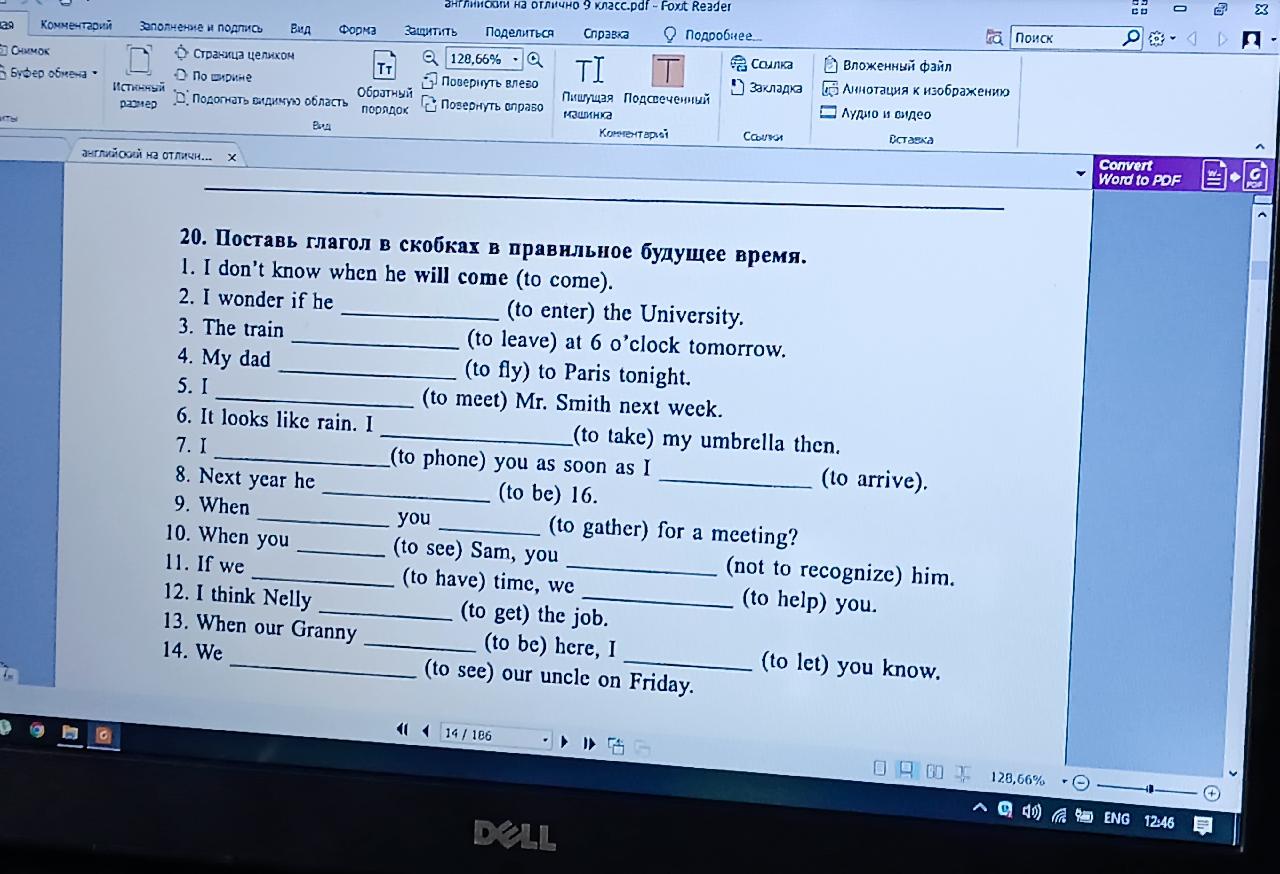Вставь нужные слова

Ответ нейросети
04 мая 2024 07:47
Понравился ответ?
Задай свой вопрос
Напиши любую задачу или вопрос, а нейросеть её решит
Узнать подробнее
Узнай больше про репетиторов Новой Школы и запишись на бесплатный пробный урок. Мы проверим твой уровень знаний и составим план обучения по любому предмету и классу


04 мая 2024 07:47
Понравился ответ?
Напиши любую задачу или вопрос, а нейросеть её решит
Задавай вопросы искуcственному интеллекту текстом или фотографиями в приложении на iPhone или Android
